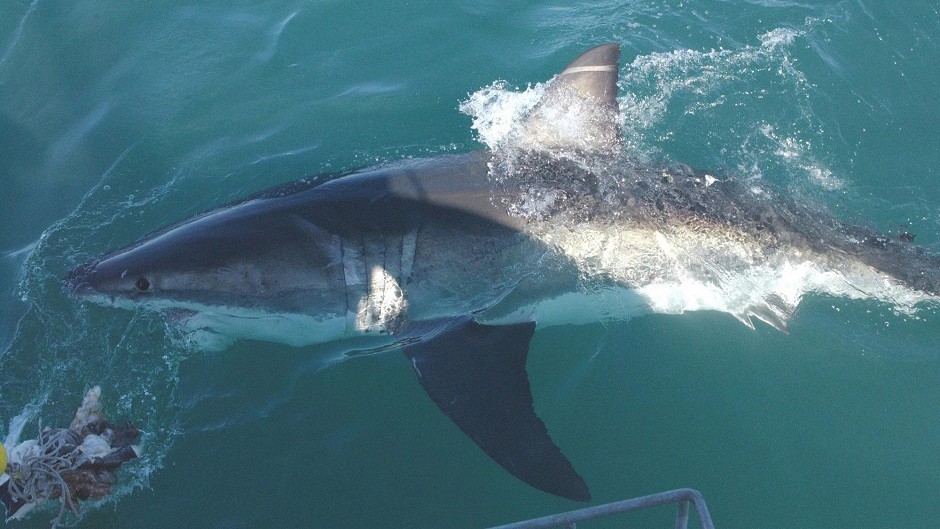In the animal kingdom, sharks have a reputation as the most ruthless of predators.
But in future, these natural born killers could hold a vital key in the fight against cancer.
Now, the dream of producing an effective cancer therapy for patients using an antibody-like molecule originating in sharks has taken a step forward.
A group of Aberdeen University researchers and a research-driven oncology company based in Northern Ireland have joined forces to work at developing such a treatment.
Sharks have become increasingly important to cancer scientists due to special components in their immune systems called Variable New Antigen Receptors (VNARs).
These are similar to the antibodies present in humans.
However, as shark VNARs are much smaller than their human counterparts, they can squeeze inside parts of the body that others cannot – including inside solid cancerous tumours.
Once inside, a “warhead” of anti-cancer drugs could be released, maximising damage to the tumour while minimising the toxic effects to health.
Such a drug could potentially be far more effective than chemotherapy.
The Aberdeen group says it has produced more than 10 billion VNARs and that their drug library is like “having 10,000 sharks in a test tube” without having to keep a single animal in an aquarium.
Caroline Barelle, who leads the Aberdeen research team, says these could be the next generation of therapeutics, and could potentially treat breast and pancreatic cancers.
She added: “This is fantastic news for us.
“It is a big step forward.
“It is a great collaboration because it is bringing together new ideas and different types of science.
“We are very excited about combining the expertise of our two teams to deliver an effective therapy for patients.
“This is still in a very early stage and it could be anywhere from 10-15 years from the initial beginning of a drug being born to it being approved for use.
“It is a very long road.
“But it is important for us to keep improving and innovating.”
